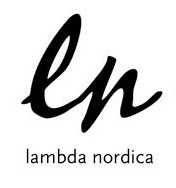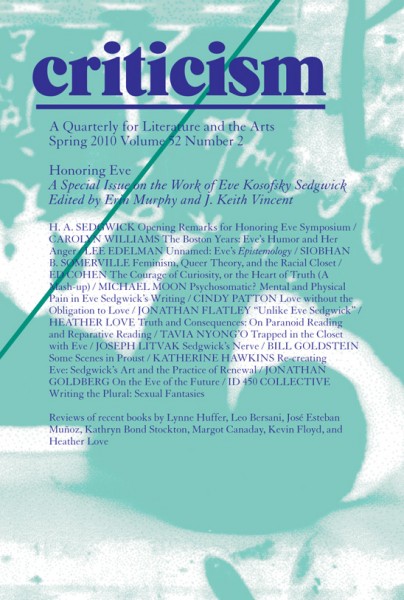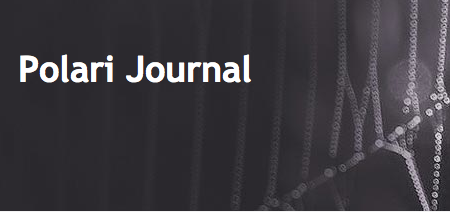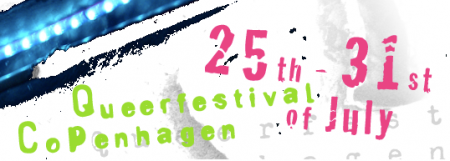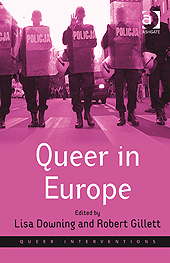
There are lots of new publications coming out these days that I wish I could get hold of. The latest is Lisa Downing and Robert Gillett’s edited collection Queer in Europe – a book collecting perspectives on the translation, morphing and travel of queer through different European countries and contexts. It seems to move country-by-country through the continent (although Denmark, Sweden, Iceland, and the other Nordic countries have been swept together under the rubric “the Nordic region”; but as the text is written by the always amazing Ulrika Dahl, I’m sure it is a great one). The book is unfortunately only in hardback (as so many of Ashgate’s ‘Queer Intervention‘-books – a shame!), but hopefully it will be releases in paperback too, or/and be bought by a library close to you in the near future. Here is what the publishers write:
Queer in Europe takes stock of the intellectual and social status and treatment of queer in the New Europe of the twenty-first century, addressing the ways in which the Anglo-American term and concept ‘queer’ is adapted in different national contexts, where it takes on subtly different overtones, determined by local political specificities and intellectual traditions. Bringing together contributions by carefully chosen experts, this book explores key aspects of queer in a range of European national contexts, namely: Belgium, Cyprus, England, France, Germany, Hungary, Ireland, Italy, The Nordic Region, The Netherlands, Poland, Russia and Spain.
Rather than prescribing a universalizing definition, the book engages with a wide spectrum of what is meant by ‘queer’, as each chapter negotiates the contested border between direct queer activist action based on identity categories, and more plural queer strategies that call these categories into question. The first volume in English devoted to the exploration of queer in Europe, this book makes an important intervention in contemporary queer studies.
Contents: Preface; Introduction, Lisa Downing and Robert Gillett; Queer in Belgium: ignorance, goodwill, compromise, Bart Eeckhout; Queer in Cyprus: national identity and the construction of gender and sexuality, Nayia Kamenou; Queer in England: the comfort of queer? Kittens Teletubbies and Eurovision, David Nixon and Nick Givens; Queer in France: AIDS dissidentification in France, James N. Agar; Queer in Germany: materialist concerns in theory and activism, Ute Kalender; Queer in Hungary: hate speech regulation and the queering of the conduct/speech binary, Erzsébet Barát; Queer in Ireland: ‘deviant’ filiation and the (un)holy family, Anne Mulhall; Queer in Italy: Italian televisibility and the ‘queerable’ audience, Luca Malici; Queer in The Netherlands: pro-gay and anti-sex – sexual politics at a turning point, Gert Hekma; Queer in the Nordic region: telling queer (feminist) stories, Ulrika Dahl; Queer in Poland: under construction, Lukasz Szulc; Queer in Russia: othering the other of the West, Brian James Baer; Queer in Spain: identity without limits, Santiago Fouz-Hernandez.
The book looks rich, and although not without controversial figures (such as Gert Hekma writing about Netherlands, pace the discussion of his scandalous ‘contribution‘ to the Sexual Nationalism conference in Amsterdam recently), there should be much interesting stuff here.
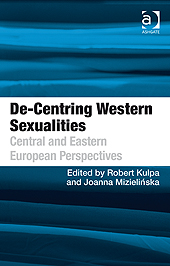
Queer in Europe seems to speak well together with Robert Kulpa and Joanna Mizieliñska’s new edited collection De-Centring Western Sexualities: Central and Eastern European Perspectives (similarly from �Ashgate in expensive hardback). The editors have over the last years done much important work to decenter queer theory from the Anglo-American focus, and it is great to know that this book exists. Here is what the publishers write about it:
De-Centring Western Sexualities critically assesses the current state of knowledge about sexualities outside the framings of ‘The West’, by focusing on gender and sexuality within the context of Central and Eastern Europe. Providing rich case studies drawn from a range of “post-communist” countries, this interdisciplinary volume brings together the latest research on the formation of sexualities in Central and Eastern Europe, alongside analyses of the sexual and national identity politics of the region. Engaged with current debates within queer studies surrounding temporality and knowledge production, and inspired by post-colonial critique, the book problematises the Western hegemony that often characterises sexuality studies, and presents local theoretical insights better attuned to their geo-temporal realities. As such, it offers a cultural and social re-evaluation of everyday life experiences, and will be of interest to sociologists, queer studies scholars, geographers and anthropologists.
Contents: Introduction: why study sexualities in Central and Eastern Europe?, Robert Kulpa and Joanna Mizielinska; ‘Contemporary peripheries’: queer studies, circulation of knowledge, and East/West divide, Joanna Mizielinska and Robert Kulpa; Between walls: provincialisms, human rights, sexualities and Serbian public discourses on EU integration, Jelisaveta Blagojevic; Nations and sexualities – ‘West’ and ‘East’, Robert Kulpa; A short history of the queer time of ‘post-socialist’ Romania, or, are we there yet? Let’s ask Madonna, Shannon Woodcock; Travelling ideas, travelling times. On the temporalities of LGBT and queer politics in Poland and in the ‘West’, Joanna Mizielinska; Researching transnational activism around LGBTQ politics in Central and Eastern Europe: activist solidarities and spatial imaginings, Jon Binnie and Christian Klesse; Rendering gender in lesbian families: a Czech case, Katerina Nedbálková; The heteronormative panopticon and the transparent closet of the public space in Slovenia, Roman Kuhar; Heteronormativity, intimate citizenship and the regulation of same-sex sexualities in Bulgaria, Sasha Roseneil and Mariya Stoilova, Situating intimate citizenship in Macedonia: emotional navigation and everyday queer/kvar grounded moralities, Alexander Lambevski.
The pile of books that I want to read is growing each day, and hopefully Ashgate make these available in paperback so more people can get the chance to get hold of them…
